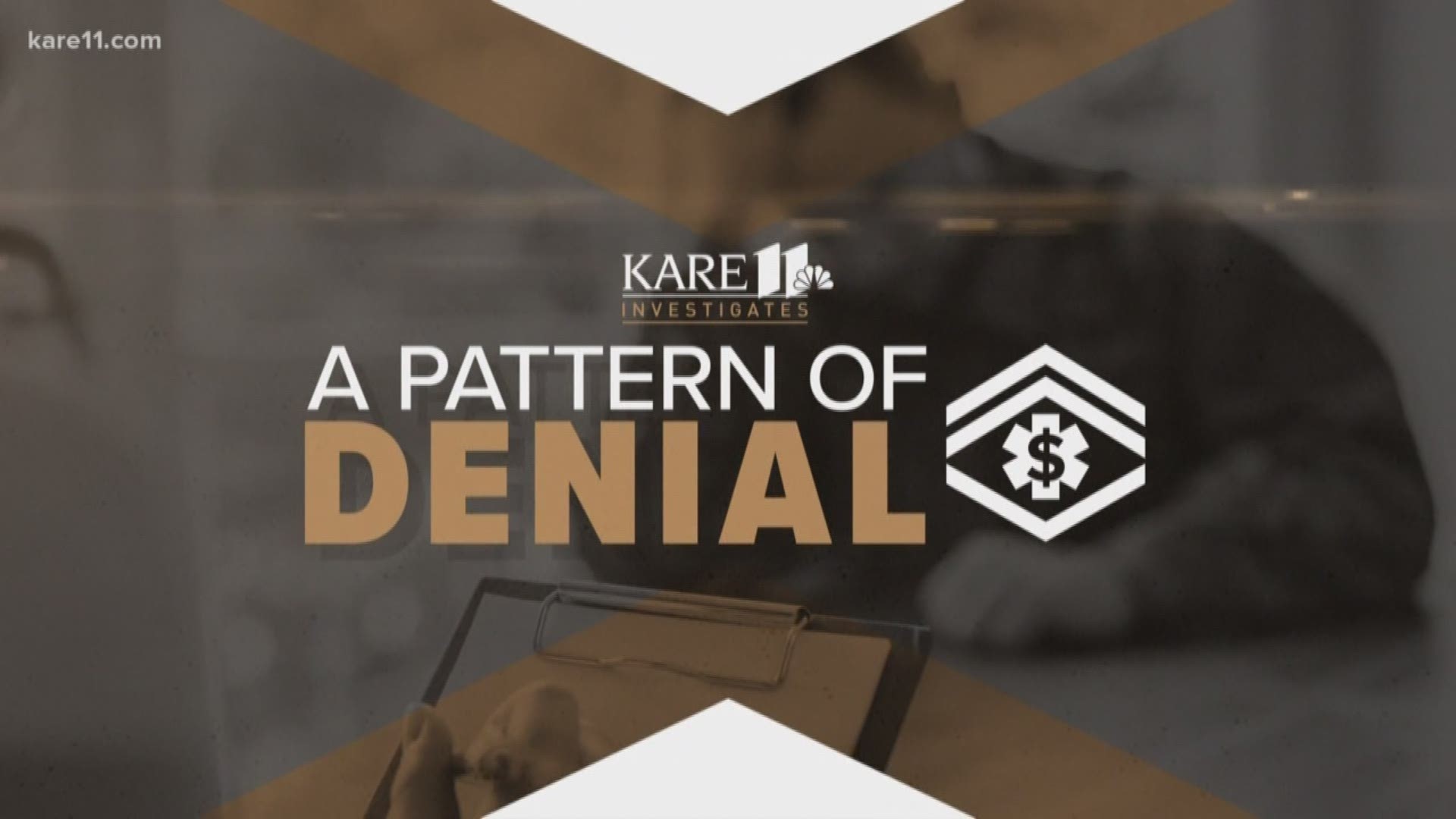WASHINGTON — After delivering withering criticism from the bench, the U.S. Court of Appeals for Veterans Claims has ordered the Department of Veterans Affairs to produce detailed records about how it is has been handling claims for emergency medical care bills.
The VA is facing a class action lawsuit alleging it has failed to follow the law – and an earlier court ruling – requiring the government to reimburse veterans for emergency medical bills not already covered by insurance.
“Congress passed a law,” said Judge William S. Greenburg at a recent hearing. “If you go to the emergency room, you’re entitled to reimbursement. That’s what we ruled in Staab!”
“No exceptions!” he added.
The Staab ruling was a landmark court decision in 2016 involving the Emergency Care Fairness Act (ECFA) passed by Congress and signed by President Obama.
The case involved a St Cloud, Minnesota veteran and struck down the VA’s policy of denying reimbursement of emergency medical bills to veterans if their third-party insurance covered any portion of the care.
That was three years ago.

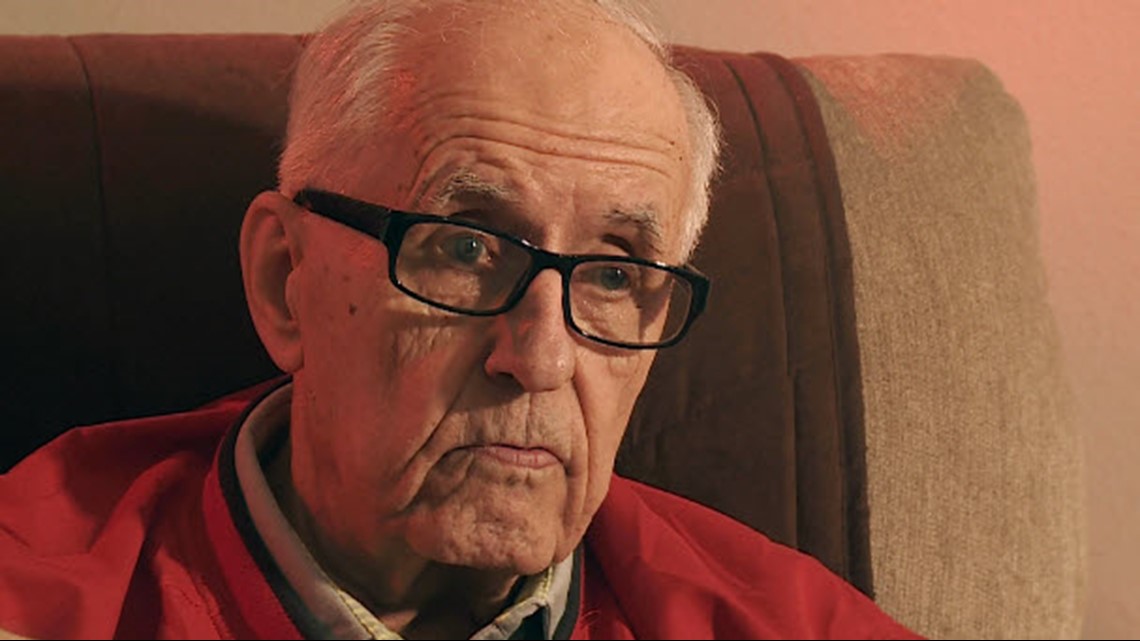
However, in May 2019, a KARE 11 investigation revealed that 86-year-old Richard Staab still has not been reimbursed the nearly $48,000 he paid out of pocket for his care.
“The reason I’m bringing up this shocking development,” Judge Greenberg said, “is news reports…from Minnesota indicating the state of affairs for Mr. Staab.”
“Three years!” he exclaimed. “Nothing’s happened! Not a dollar! What do we have to do?” he asked.
Staab’s nine-year battle
Richard Staab’s story begins in 2010 when the then 77-year-old suffered a heart attack and stroke. He was rushed to a nearby hospital in St. Cloud and had open-heart surgery.
“That heart of mine was pounding so bad, I’m lucky I’m still alive I guess,” Staab told KARE 11 in one of the first interviews he’s done about his now-famous case.
Medicare covered a portion of his treatment, but Staab says he was ultimately left with about $48,000 in out-of-pocket expenses for his hospitalization and recovery.

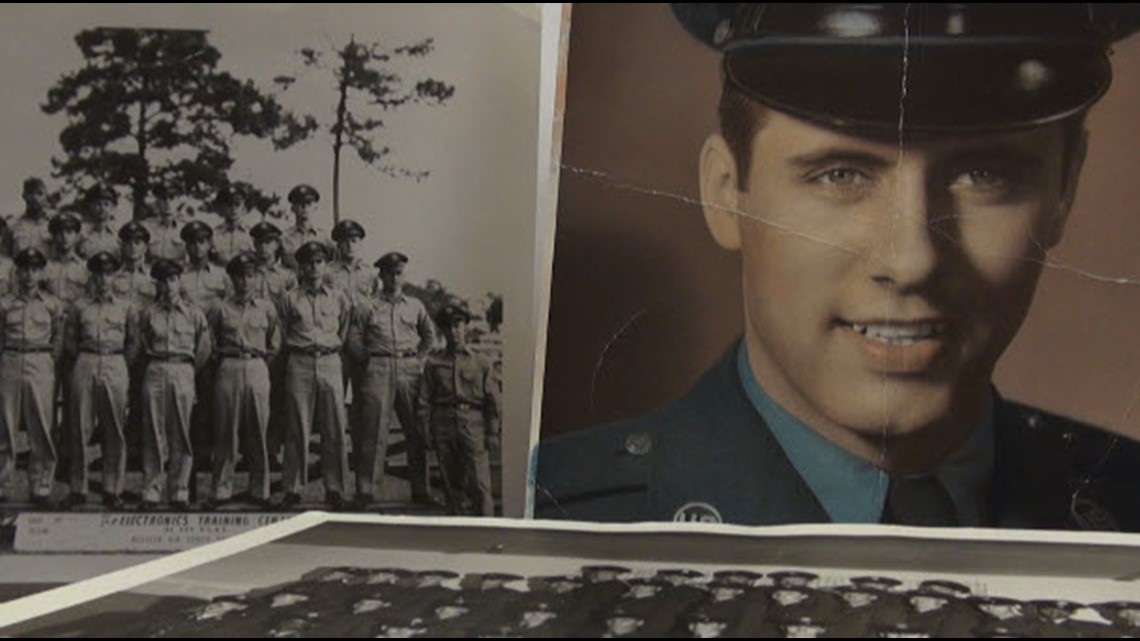
A U.S. Air Force veteran who enlisted during the Korean War, Staab typically relied on the VA for care. So, he submitted a claim for the outstanding balance to the St. Cloud VA, expecting to be reimbursed.
To his surprise, his claim was denied.
As a result, Staab says he had to clean out his life savings to cover the unpaid bills. “Goes down, you know,” he said of his finances.
The VA denied his claim citing an internal regulation authorizing reimbursement only if the “veteran has no coverage under a health-plan contract for payment or reimbursement, in whole or in part, for the emergency treatment.”
Because Staab’s expenses were partially covered by Medicare, the VA denied his claim for the remaining amount.
Staab and his attorney Jacqueline Schuh appealed to the St. Cloud VA twice but were denied both times. They lost again when they took his case to the Board of Veterans Appeals.
“We didn’t give up,” said Schuh.

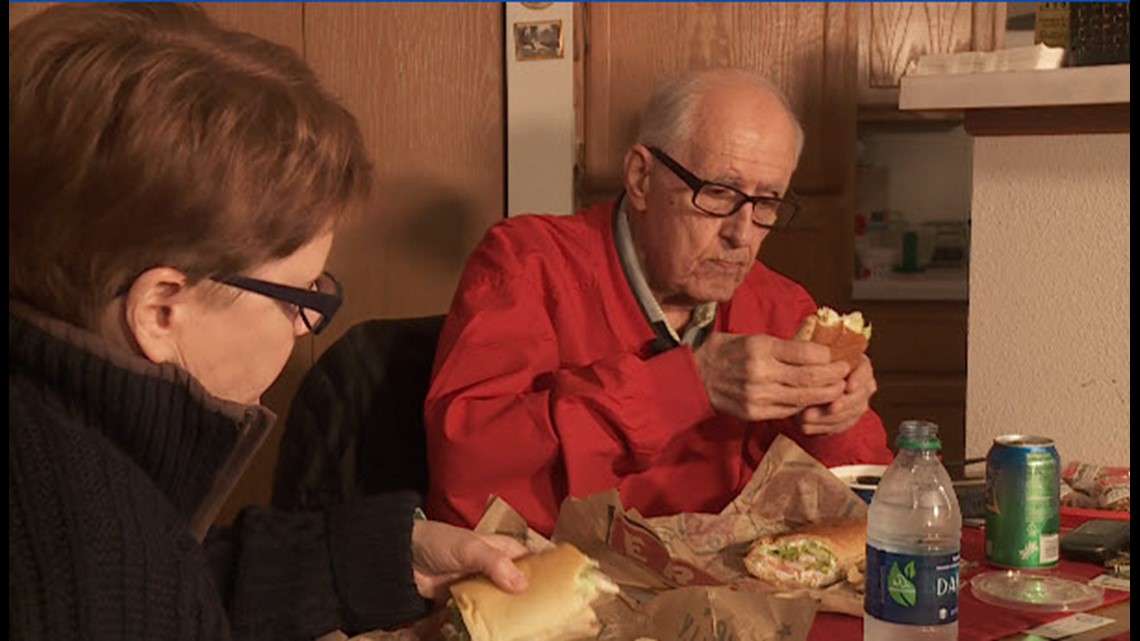
With the help of the National Veterans Legal Services Program (NVLSP), they took the case to the U.S. Court of Appeals for Veterans Claims, arguing that the VA regulation used to deny Staab’s claim violated the Emergency Care Fairness Act.
“The denial was based upon the internal rule that the VA had been enforcing since 2010,” Schuh said. “But the internal rule was inconsistent with the law.”
When is a veteran “personally liable”?
When Congress passed the Emergency Care Fairness Act, it required the VA to cover a qualified veteran’s emergency medical bills if the veteran was “personally liable.”
Schuh and the NVLSP attorneys argued the law required VA to step in as a “secondary payer” when other health care insurers, such as Medicare, covered only a portion of the cost of a veteran’s emergency treatment leaving the veteran “personally liable” for the rest.
“It is pretty cut and dry,” Schuh said.

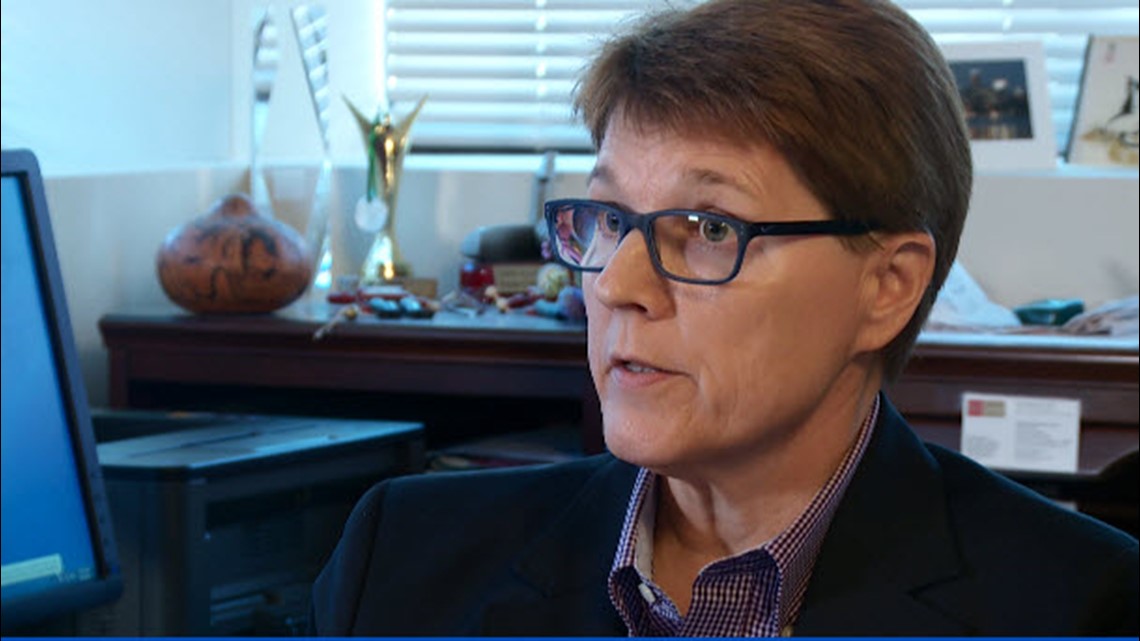
In April 2016, the three-judge panel agreed. They ruled in Staab’s favor, striking down the regulation the VA had been using to deny veterans emergency medical claims nationwide.
The court’s strongly worded decision rebuked the VA, emphasizing that VA’s reimbursement regulation was “wholly inconsistent” with the law Congress had passed. The judges said the VA had unlawfully “declined to remedy this inconsistency.”
The VA appealed that decision. The matter was pending before the U.S. Court of Appeals for the Federal Circuit when VA Secretary David Shulkin made a surprise announcement in June 2017.
Testifying before a Congressional committee, Shulkin said the VA would “voluntarily withdraw” its appeal of the Staab case. It was a huge victory – not just for Staab, but for veterans across the country.
It also carried massive financial ramifications.
The VA estimated it was liable to pay 370,000 previously denied claims totaling more than $2 billion.
“What did you expect would happen?” KARE 11 investigative reporter A.J. Lagoe asked Staab.
“That we would get paid,” Staab replied. “But it never came true.”
Despite dropping the appeal nearly two years ago, the VA has yet to reimburse Mr. Staab. Now it claims bills leftover after Medicare are “deductibles, or copayments” for which VA is not liable.
A new class action was filed challenging the VA’s latest denials.

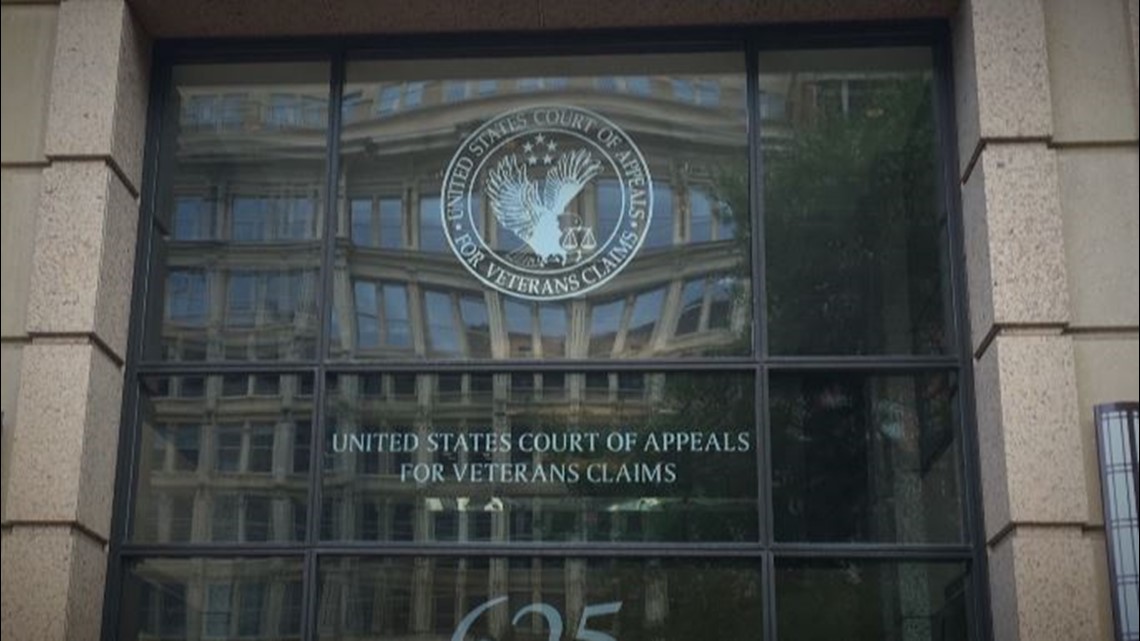
Judges exasperated
During a recent hearing in a case know known as Wolfe v. Wilkie, members of the three-judge panel seemed to be exasperated by the VA’s continued denials.
Christopher Bader, the government attorney representing the VA in the case, argued that the ECFA has an exception allowing the VA to deny payment in emergency care cases. Bader said the 2010 law states that the VA “may not reimburse a veteran … for any co-payment or similar payment.”
“So, the (VA) took the opportunity to do everything it could to make the payment to veterans as low as possible?” asked Judge Michael P. Allen. “By adding coinsurance, you will have to agree that simply as a matter of insurance math, the payment to veterans will be dramatically less.”

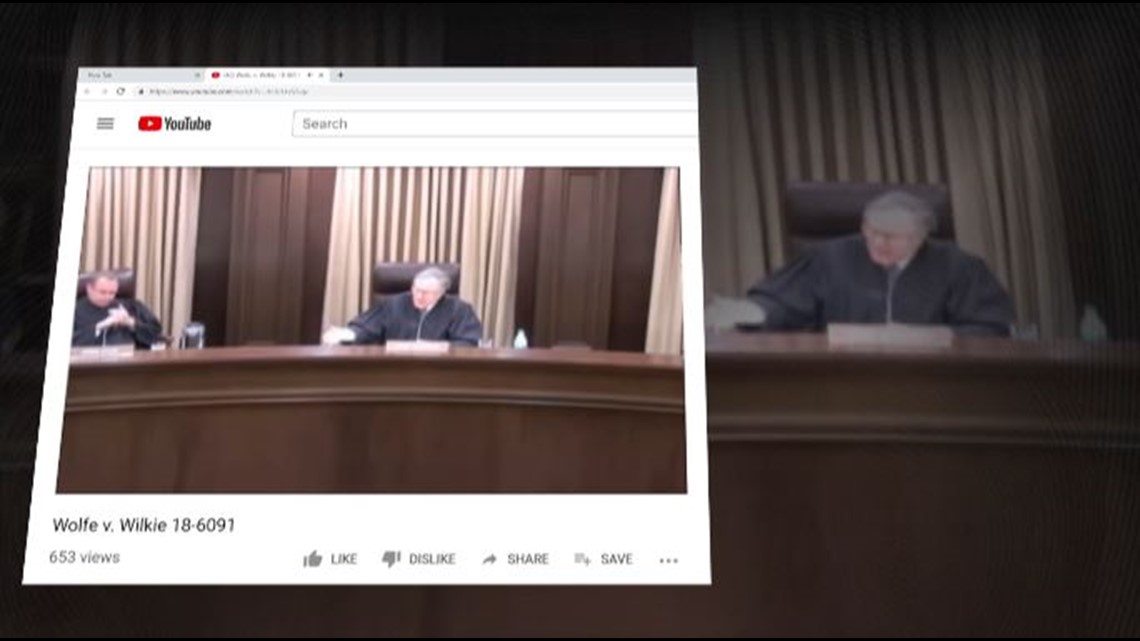
When Bader was making the argument that coinsurance and deductibles are “qualitatively” similar to copayments, Judge Greenberg angrily interrupted.
“(It says) the ‘copayment.’ Not this ‘coinsurance,’” the judge said his voice rising as he pointed out coinsurance tends to be much more expensive than copayments. “Copayment, $20 not $20,000 or $48,000,” the judge exclaimed. “This is an important concept. Congress didn’t put that in! You people put it in!”
Dispute over payment
Bader, the government attorney, claimed VA has made payments in the Staab case totaling $2,500. “It is not true that he has been paid nothing,” he told the judges. It was unclear whether those payments went directly to the hospital or one of Staab’s medical providers.
However, Staab and his attorney have filed a sworn affidavit stating he has “not, to date, received any reimbursement” and the soon to be 87-year-old writes that “it is my hope that reimbursement will be paid to me before I die.”
Read Staab’s sworn affidavit below or click here.
If he dies before his case is settled, the VA will be off the hook.
“If they do not make the payment before my client passes, that payment dies with the client,” Schuh told KARE 11. “In other words, the estate and the heirs are not entitled to that payment.”
The court gave VA until the end of June to provide additional information to help make a decision as to whether the class action should go forward.
It has been brought on behalf of Amanda Wolfe, a Coast Guard veteran who sued the VA in October after it denied her request for reimbursement for an emergency appendectomy that her third-party insurance largely covered.
She was left with $2,559 in bills.
The VA claims it is exempt from paying those coinsurance and deductibles. According to his attorney, it is the same issue Mr. Staab is now fighting as his legal battle drags on.
“I don’t know how long I got to live,” Staab said. “No one does.”
If you have a suggestion for an investigation, or want to blow the whistle on fraud or government waste, email us at: investigations@kare11.com

